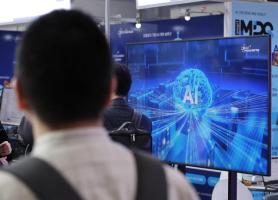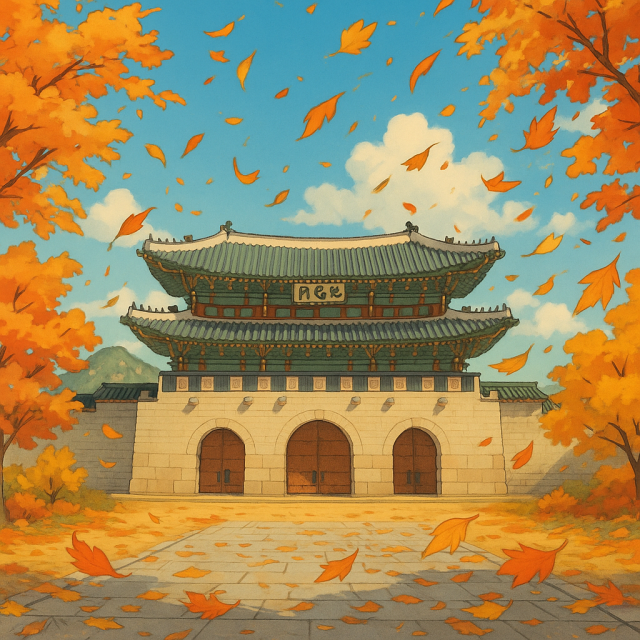
SEOUL, November 19 (AJP) - It took less than a minute for ChatGPT to deliver a fully rendered image of Seoul's landmark Gwanghwamun draped in autumn leaves in the warm, painterly style of Studio Ghibli, the iconic Japanese animation studio.
Image-making has become easy and ubiquitous ever since OpenAI added its image-generation feature, allowing users to transform their portraits into Ghibli-style illustrations within seconds.
The feature quickly went viral across social media, sharply boosting ChatGPT's global usage: weekly active users jumped 30 percent in the first quarter, and as of last month, the platform counts more than 800 million users worldwide.
But the spread of everyday AI assistance in visual and creative work is also complicating life for creators — a reality underscored by a recent case in New Zealand.
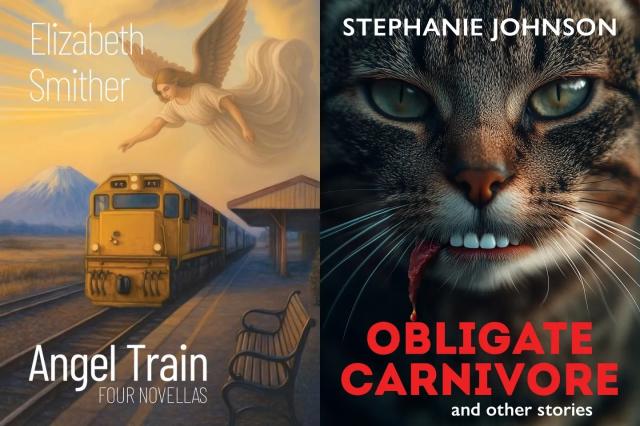
The affected books, Johnson's short-story collection "Obligate Carnivore" (2025) and Smither's novella collection "Angel Train" (2025), shocked the literary world due to the absence of clear regulatory guidelines.
A less dramatic but similar case occurred in Korea when it was revealed that the 2023 youth edition of "Almond" — the million-selling bildungsroman by Sohn Won-pyung about a boy who struggles to feel emotions — used AI in its redesigned cover. Before this incident, AI usage had largely been limited to publish-on-demand (POD) or self-published works.
This was the first time AI had been used for the re-covering of a major bestseller. The core of the controversy centered on copyright: under current Korean law, AI cannot be recognized as a copyright holder.
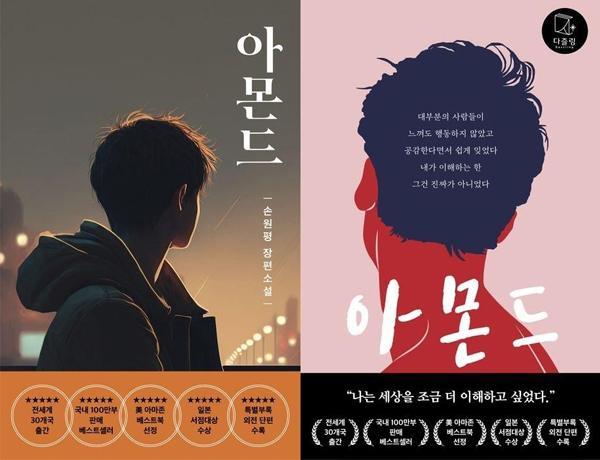
Korea will put its AI Basic Act into effect in January next year, but it barely touches the broad, day-to-day issues emerging across the many sectors AI has already penetrated.
"Without clear rules, everything is judged on a case-by-case basis. But the trend is moving toward acknowledging rights for AI-assisted creations. Even if the themes are similar, different texts receive separate copyright protection," said Kim Hyung-geun, CEO of publishing house Seoul Selection, who added that the lack of regulations places publishers in limbo.
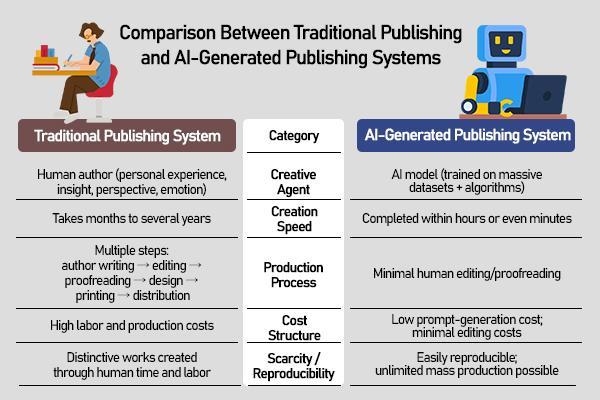
AI-generated works differ fundamentally from traditional publishing, with the most notable changes appearing in the dramatic reduction of time and cost. Yet the law does not specify how disclosure requirements should apply to AI-produced covers, illustrations, or text.
"Hiring designers for covers is expensive, and works created with ChatGPT are clearly copyright-free, so I don't see a legal issue there," observed Park Han-woo, media and communication professor at Yeungnam University. He suggested that Korea incorporate NFT-style systems to track the provenance of AI-generated content.
NFTs, or non-fungible tokens, are digital certificates recorded on a blockchain that verify ownership and trace the history of a digital asset. Even if identical copies of an artwork circulate online, only the NFT-registered version carries true ownership rights — which could help ease confusion while authorities catch up with appropriate regulations, he said.
Copyright ⓒ Aju Press All rights reserved.


